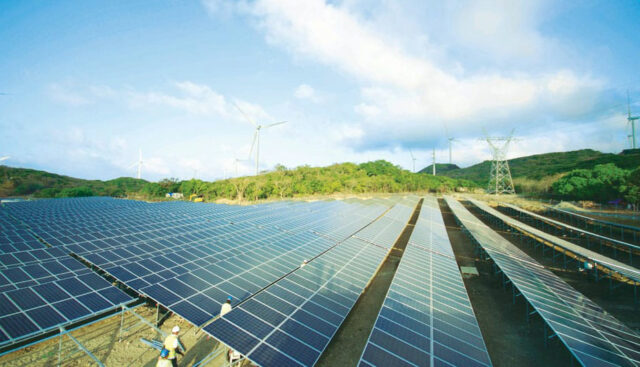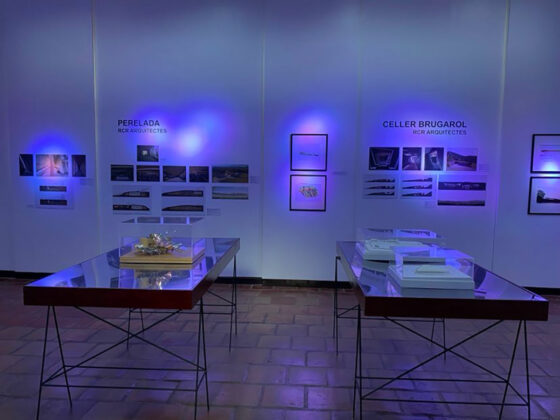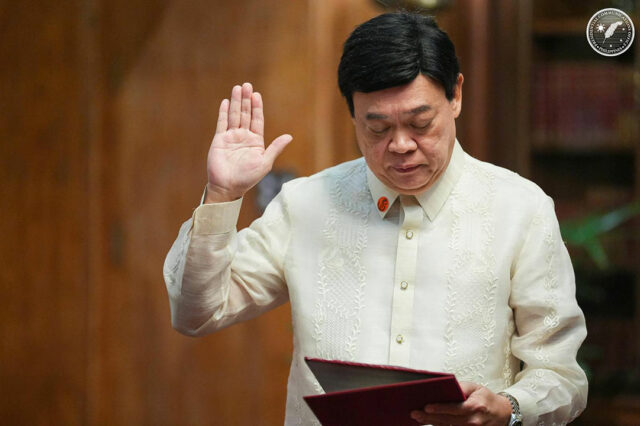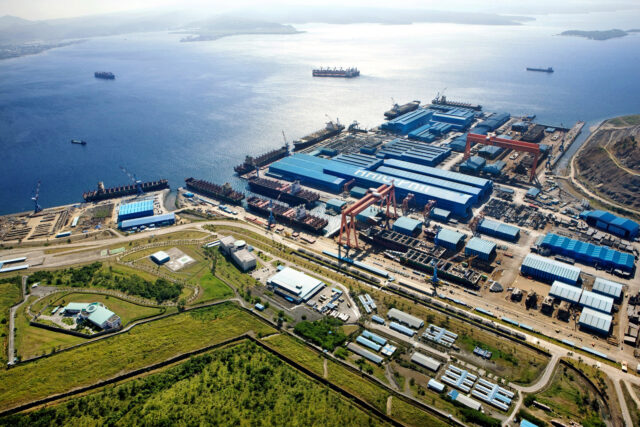By John Victor D. Ordoñez and Chloe Mari A. Hufana, Reporters
PHILIPPINE President Ferdinand R. Marcos, Jr. has named a US-trained orthopedic surgeon as the president and chief executive officer (CEO) of Philippine Health Insurance Corp. (PhilHealth), according to the Presidential Communications Office (PCO).
In a statement, the PCO said Edwin M. Mercado took his oath as head of the state-owned insurer before the President at the presidential palace on Tuesday.
“Mercado has dedicated his work to ensuring equitable access to quality medical care and leveraging technology to strengthen health systems, particularly in financial management and primary care programs,” it added.
Mr. Mercado, who has been vice chairman of Mercado General Hospital since 2021, replaced Emmanuel R. Ledesma, Jr., who faced criticism for failing to increase benefits for members even after the agency declared excess funds worth P90 billion.
In a statement, PhilHealth welcomed the surgeon’s appointment, saying his management experience would help the agency carry out its healthcare programs.
“We are confident that through his leadership, PhilHealth will continue to successfully carry out the mandate of the National Health Insurance program and fulfill the aspirations of universal healthcare for the benefit of all 115 million Filipinos,” it said.
Mr. Mercado got his medical degree from the University of the Philippines in 1987 and a master’s degree in medical sciences at Harvard Medical School in 2023.
He was also a lecturer at the Ateneo School of Medicine and Public Health on medical research methods and implementation science.
The surgeon is also a fellow at the Brigham and Women’s Hospital Division of Global Health Equity since July 2023, where he is studying the use of artificial intelligence as a tool for community health workers.
Lawmakers in December stripped PhilHealth of P74 billion in subsidy this year, citing its nearly P90-billion reserve funds that could be used to increase members’ benefits.
In October, the Supreme Court (SC) blocked the transfer of P29.9 billion — the last tranche of PhilHealth’s P89.9 billion in excess funds — to the national Treasury.
The excess PhilHealth funds would have been used to support unprogrammed appropriations worth P203.1 billion, which would support state health, infrastructure and social service programs, critics have said.
In August last year, the Senate passed on final reading a bill that seeks to cut PhilHealth premiums to 3.25% this year from 5% last year under the Universal Health Care Act.
The measure sets PhilHealth premium contributions at 3.25% for those with a monthly income of P10,000 to P50,000, with incremental increases of 0.25% each year
In a statement, Senator Mary Grace Natividad S. Poe-Llamanzares said the agency’s new CEO faces a “gargantuan task” in ensuring reliable and accessible healthcare services to all Filipinos.
“PhilHealth members who now cough up higher premium contributions must feel the benefits of the healthcare system, or at least have peace of mind that they can rely on it in case of need,” she said.
“The new PhilHealth management should also settle its remaining deficiencies to health workers, hospitals and other institutions,” she added.
Meanwhile, Solicitor General Menardo I. Guevarra said the transfer of P89.9-billion PhilHealth funds to the Treasury is a temporary measure to address fund availability for key state programs.
There is “no dark or sinister plan” in the transfer of the excess funds to the national Treasury, he told a Supreme Court hearing of a lawsuit questioning the transaction.
“I assure the honorable court and the people that contrary to what has been portrayed by some critics, there was no dark or sinister plan behind the transfer of the P60-billion fund balance from PhilHealth to the Treasury,” he said.
“The Executive branch determines the government budgetary priorities and activities in line with the available revenues and borrowing limits,” the chief government lawyer said. “Congress, in turn, deliberates and acts on the budget proposals of the President,” he added, citing jurisprudence.
He added that it is the Department of Finance’s job to generate and manage financial resources to help attain the state’s development objectives.
“As luck would have it, however, the money needed to provide these essential services does not come easy on our side of the world,” Mr. Guevarra said. “But as they say, scarcity breeds creativity. And oftentimes, creative and innovative solutions are born out of something as common as common sense.”
COURT HEARING
Meanwhile, Zy-za Nadine N. Suzara, executive director at the Institute for Leadership, Empowerment and Democracy, noted that almost 20% of the national budgets from 2022 to 2024 have consisted of pork barrel or discretionary funds used by lawmakers for local projects that are often linked to patronage politics.
“My analysis of the 2022 to 2024 national budgets reveals that pork barrel now constitutes nearly 20% of the total national budget,” she told the hearing as a friend of the court.
“If left unchecked, politicians will continue to mangle the annual national budgets and divert any available funds of agencies or government-owned and -controlled corporations deemed inefficient,” she added.
Also speaking as a friend of the court, doctor Beverly Lorraine C. Ho said PhilHealth had made progress over the years in providing “incremental” and “piecemeal” healthcare to Filipinos.
“For example, covered inpatient diseases are generally broad, but only 40% on average of total hospital bills are covered by PhilHealth,” she said. She added that of the 9,000 case rate packages of PhilHealth, only 17 disease conditions have been upgraded to Z benefits — a package of services that help cover the costs of catastrophic illnesses for Filipinos.
The rest of the case rate packages — a fixed amount that PhilHealth pays a healthcare provider for treating a patient with a specific condition — are paid by patients out of pocket, she pointed out.
“For the first time in history, we actually have the necessary legal instruments and financial resources, not only to provide insurance coverage to every Filipino, but to expand benefits to a level necessary to finance and provide healthcare that Filipinos deserve,” Ms. Ho said, referring to the Universal Health Care Act of 2019.

















